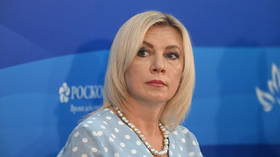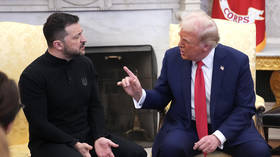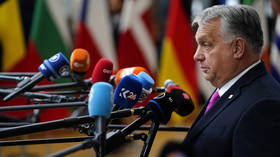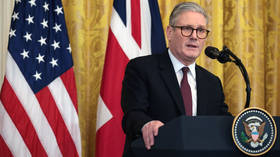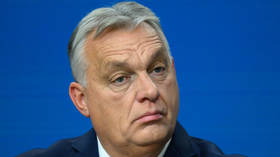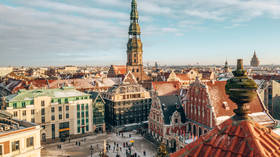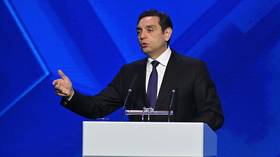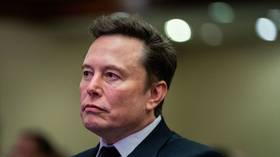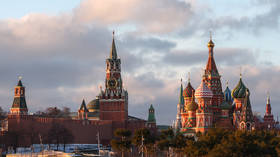Lavrov’s UN itinerary revealed after doubts about his attendance
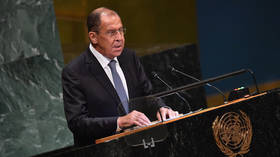
Russian Foreign Minister Sergey Lavrov will have a busy schedule for the upcoming UN General Assembly, his ministry has said. Until this week, there were doubts about Lavrov’s attendance at the international event, since the US could have refused to issue him a visa.
The preliminary itinerary of the top Russian diplomat was described by Foreign Ministry spokeswoman Maria Zakharova during a briefing on Thursday. According to her, Lavrov will deliver a speech before the UN and attend a meeting of the BRICS, an economic club which includes Brazil, Russia, India, China and South Africa. He will also hold some 20 bilateral meetings on the sidelines of the US-hosted international event, she said.
Lavrov’s participation in the 77th UN General Assembly was in some peril. The US, which placed personal sanctions on the Russian minister, did not issue a visa to him until mere days before the event, according to Moscow.
Zakharova criticized what she described as an underhanded tactic employed by the US. Washington undermines its role as the host by “inventing visa restrictions and creating logistical problems for access to the UN headquarters in New York,” she said.
The US has a record of restricting access to UN events to foreign politicians that it considers undesirable. A fresh example came in January 2020, when Washington denied a visa to then-Foreign Minister of Iran, Mohammad Javad Zarif. He wanted to attend a UN Security Council meeting and personally condemn the US assassination of Iranian General Qassem Suleimani, which happened that month.
The 1947 agreement on the hosting of the UN headquarters required the US to grant access to it to foreign representatives “as promptly as possible.” But the US insists that it has the right to deny visas on security and foreign policy grounds.
The UN GA will start on Friday and last until September 26, with most important parts of the gathering scheduled for the next week.
The Russian delegation will use the opportunity to advocate on issues that it considers important, the Russian spokeswoman said. One of Moscow’s goals is to stress the role of the UN as the core of the multilateral global political system and to defend it from “attempts to undermine its authority and subjugate it to the whims of the West,” she said.
Russia will also call for the reduction and non-proliferation of weapons of mass destruction, speak against militarization of space, promote the idea of establishing global rules for the use of cyberspace and denounce attempts to glorify Nazism, Zakharova added.
